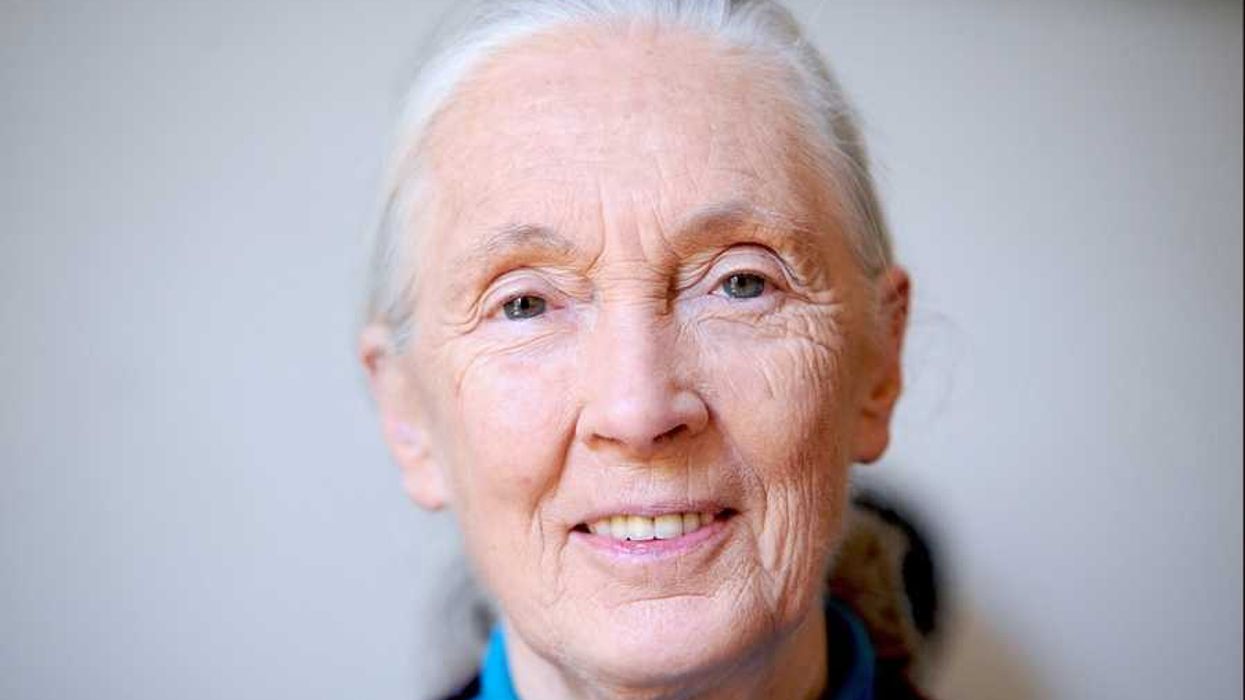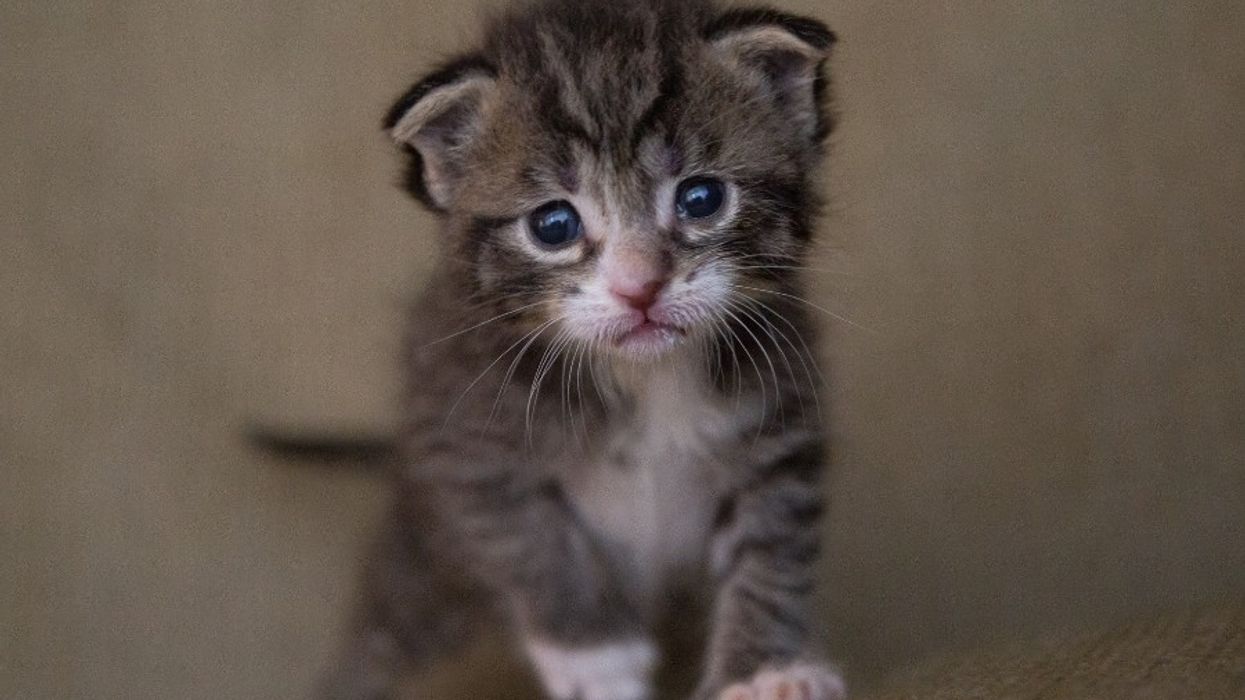A lot of people underestimate cats—their intelligence, their curiosity, their playfulness, and their emotional depth. But one beautiful story out of Morocco spotlights a feline with all of those qualities: an orange-and-white guy named Rico, who went from a sick stray to, essentially, one vet office’s resident "emotional support" kitty.
Veterinarian Meryem Imrani, who has been practicing in the North African country for nearly eight years, broke down this fluffy meet-cute in an interview with the YouTube channel GeoBeats Animals. The doctor says Rico first showed up at the clinic’s front door, "shivering" and "clearly sick" from a viral infection that left him barely breathing. But after being examined and treated with medicine, the cat made a full recovery—and wound up a permanent fixture of the office. "I was thinking about what’s next, and I just decided to keep him," Imrani says. "It was one of the best decisions I’ve ever made."
- YouTube www.youtube.com
Rico, the rehabber
As the doctor illustrates in the clip, Rico has become essential to the overall atmosphere of the clinic—even helping other animals in their rehab process. One example involves a kitten sick with hypothermia. "The client was so hopeless that he asked me if we should just euthanize the kitten," Imrani says, "and I suggested that we give the kitten a chance for 24 hours." Rico was instantly intrigued, so they all gathered in the sunny reception area.
"I did every examination, every treatment...while Rico was sitting there," Imrani adds. "Rico was just so calm, sweet, started licking calmly. The kitten looked very comfortable in Rico’s presence." Amazingly, the little fluff ball survived. Imrani first posted a video of that cat-to-cat bond on Instagram, showing Rico as he grooms the kitten’s legs and reclines by its side. But the sweet-natured dude is all over the doc’s social media, playing and reclining and generally presiding over his kingdom.
This is only one example of Rico’s magic touch. Imrani says he often "helps around with anxious cats," and the video notes that he once donated blood to an anemic kitty. The clinic has become his full-time home, given his comfort level with both the space itself and the other cats. "He’s there really for everything: for cuddles, for spreading positive energy, for making you laugh," Imrani says. "A very odd but beautiful mixture of everything you want to have in a cat."
Emotional-support cats
The Purina website stresses that cats can indeed serve as emotional-support animals (ESAs), helping people with anxiety, depression, or other mental health challenges. "Emotional-support cats (and other ESAs) offer a variety of benefits for their owners’ mental health," a blog post in Pet Behavior Science reads, "Studies have shown cats reduce stress and blood pressure levels in their owners. Additionally, research shows ESAs can lower anxiety, reduce depression, decrease feelings of loneliness, and may even offer benefits to those with PTSD."
In February 2025, the BBC interviewed Jack, a 12-year-old British boy with autism and heart issues, who said that living with an emotional-support cat has "transformed" his life. Jack’s mother, Emma, noted how "emotional-support cats are a bit of a grey area" and emphasized the need for wider acceptance. "[I]f they are helping people's mental health," she said, "then surely it's just as important as helping people's physical health."





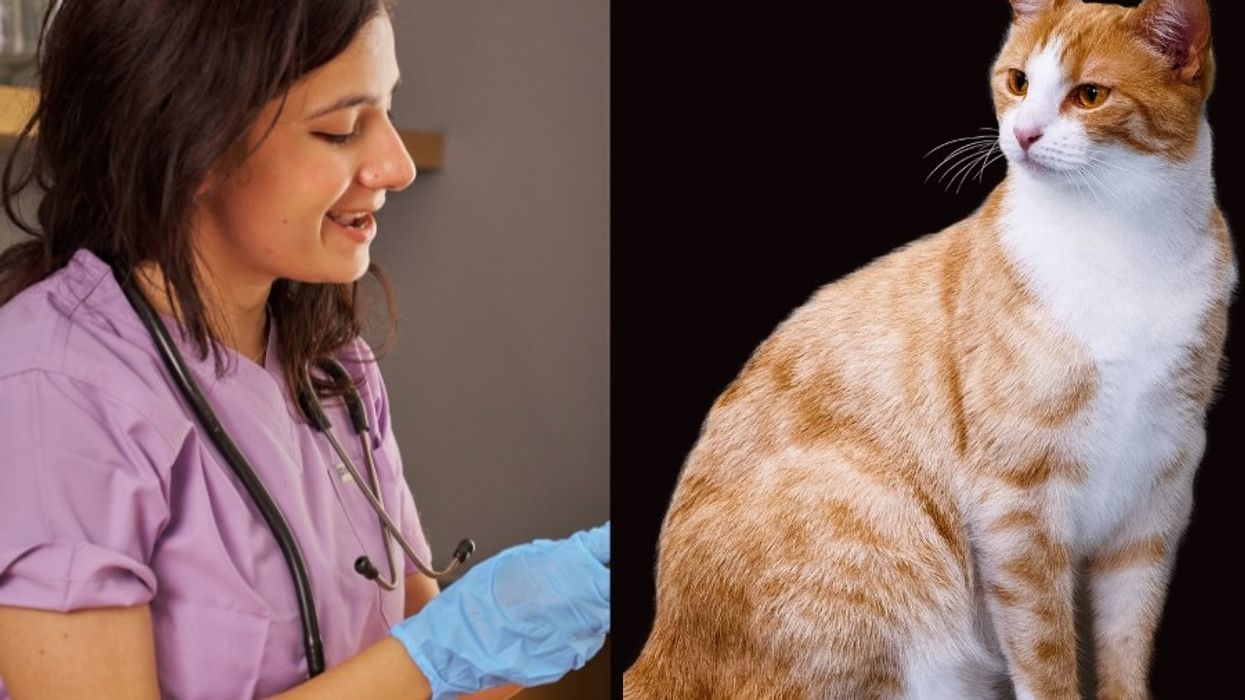












 A young lion playing with an older animal
A young lion playing with an older animal A colorful bird appears to be yelling at it a friend
A colorful bird appears to be yelling at it a friend An otter appears like it's holding its face in shock
An otter appears like it's holding its face in shock Two young foxes playing in the wild
Two young foxes playing in the wild Two otters appear to be laughing together in the water
Two otters appear to be laughing together in the water A fish looks like it's afraid of the shark behind it
A fish looks like it's afraid of the shark behind it A bird appears to be ignoring their partner
A bird appears to be ignoring their partner A squirrel looks like it's trapped in a tree
A squirrel looks like it's trapped in a tree A bear holds hand over face, making it appear like it's exhausted
A bear holds hand over face, making it appear like it's exhausted A penguin looks like its trying to appear inconspicuous
A penguin looks like its trying to appear inconspicuous A young squirrel smells a flower
A young squirrel smells a flower An insect appears to be smiling and waving at the camera
An insect appears to be smiling and waving at the camera An otter lies on its side apparently cracking up laughing
An otter lies on its side apparently cracking up laughing Two monkeys caught procreating
Two monkeys caught procreating A young chimp relaxes with its hands behind its head
A young chimp relaxes with its hands behind its head A snowy owl appears to be smiling
A snowy owl appears to be smiling  A monkey holds finger to face as if it's lost in thought
A monkey holds finger to face as if it's lost in thought A turtle crossing the road under a 'slow' sign
A turtle crossing the road under a 'slow' sign A polar bear lies on its back like it's trying to hide
A polar bear lies on its back like it's trying to hide A rodent strikes human-like pose
A rodent strikes human-like pose

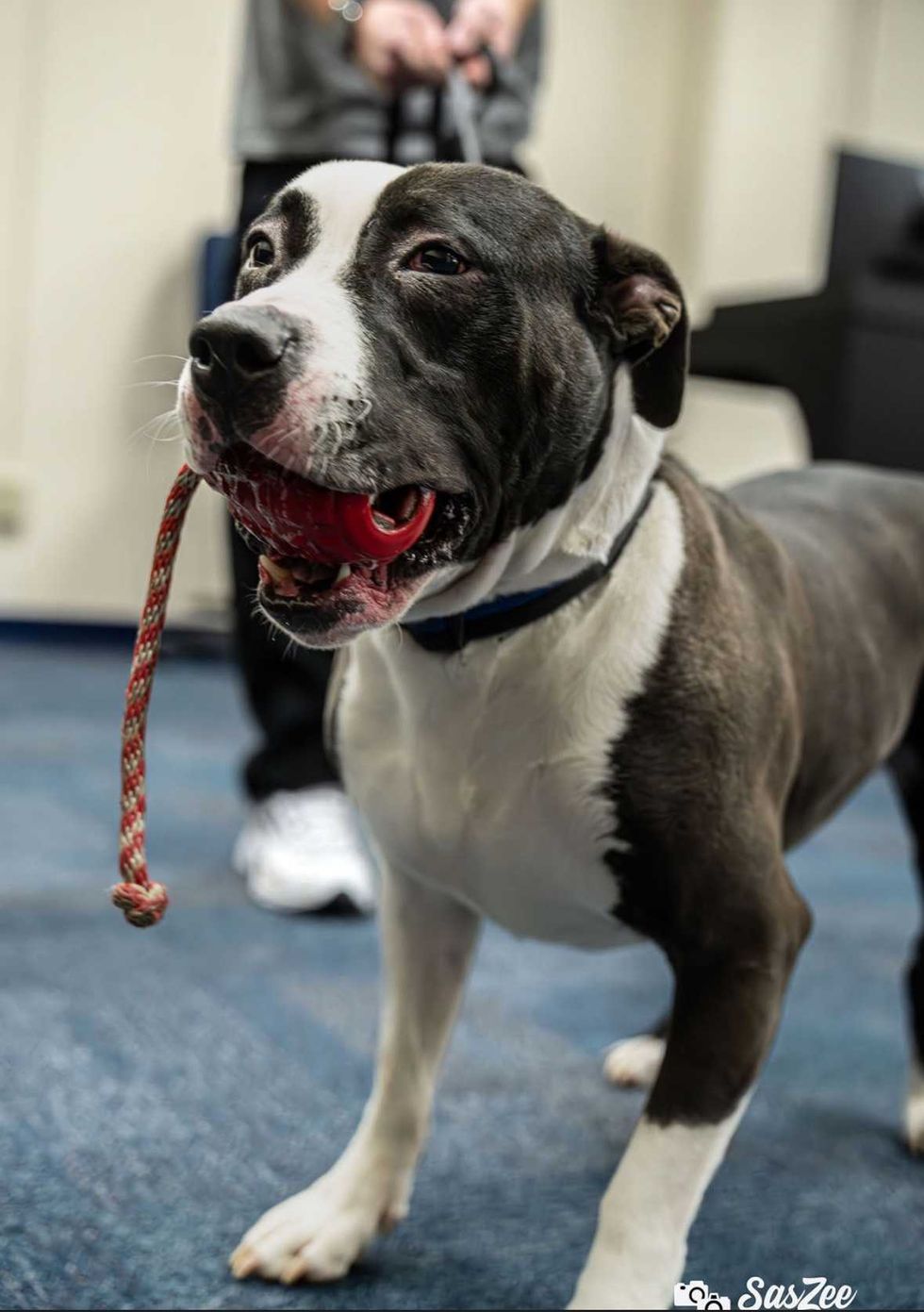 Ron. courtesy of K-9 Protectors
Ron. courtesy of K-9 Protectors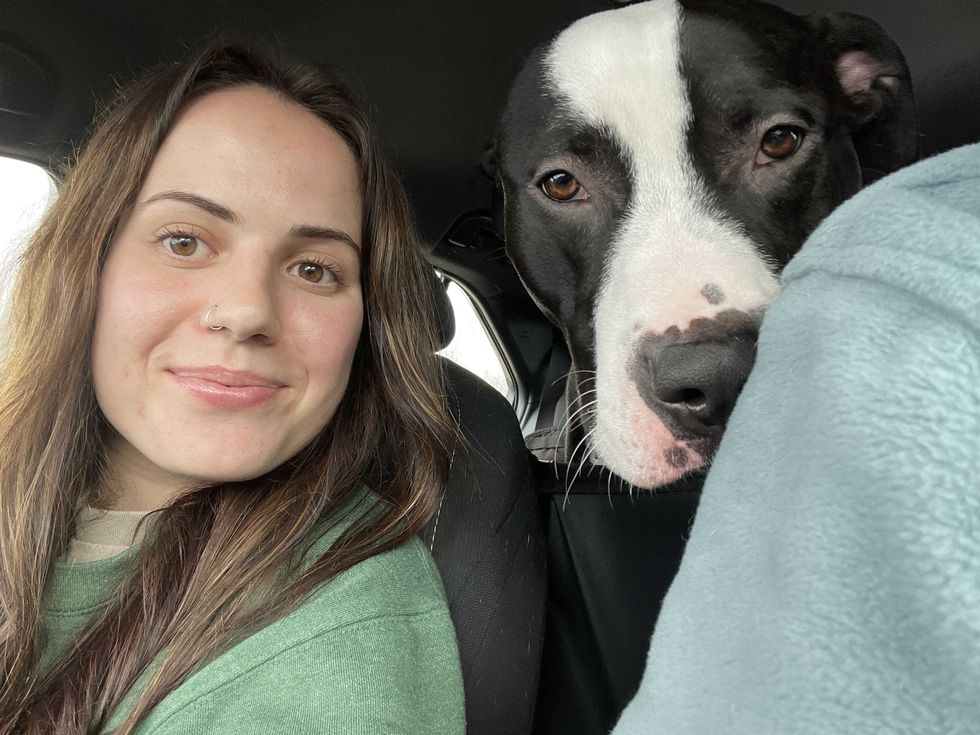 Victoria and Ron.courtesy of Victoria Costa
Victoria and Ron.courtesy of Victoria Costa Ron. courtesy of K-9 Protectors
Ron. courtesy of K-9 Protectors Ron and Tyler at the swearing-in ceremony.courtesy of K-9 Protectors
Ron and Tyler at the swearing-in ceremony.courtesy of K-9 Protectors Ron. courtesy of Victoria Costa
Ron. courtesy of Victoria Costa
